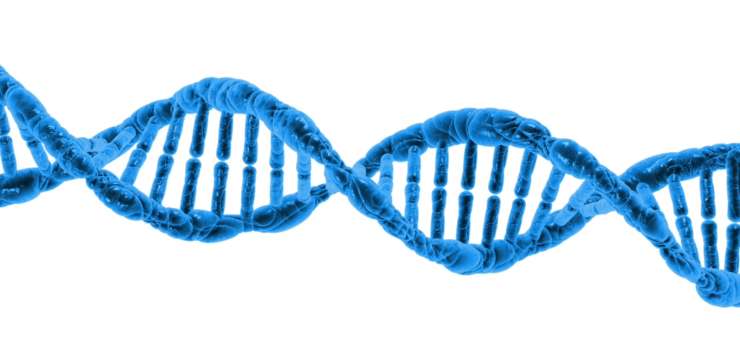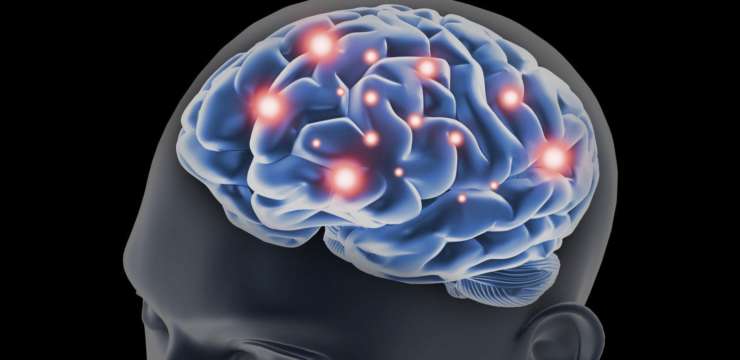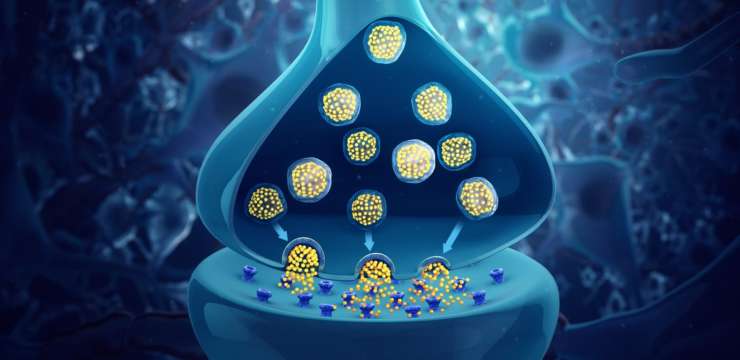Our genetics are heavily influenced by the environment. This meaning that the way and times our genes express heavily depend on the micronutrients and toxins we surround our bodies with. Research has found that by eating a diet specific to your genes, you have the potential to alter when the genes express, reducing your overall risk of disease. We use diagnostic laboratory testing to assess your genetic makeup and create a personalized plan for you. By discovering what diseases you are more susceptible to, genetic testing allows us to create a path that will lead you to optimal health in the future.







